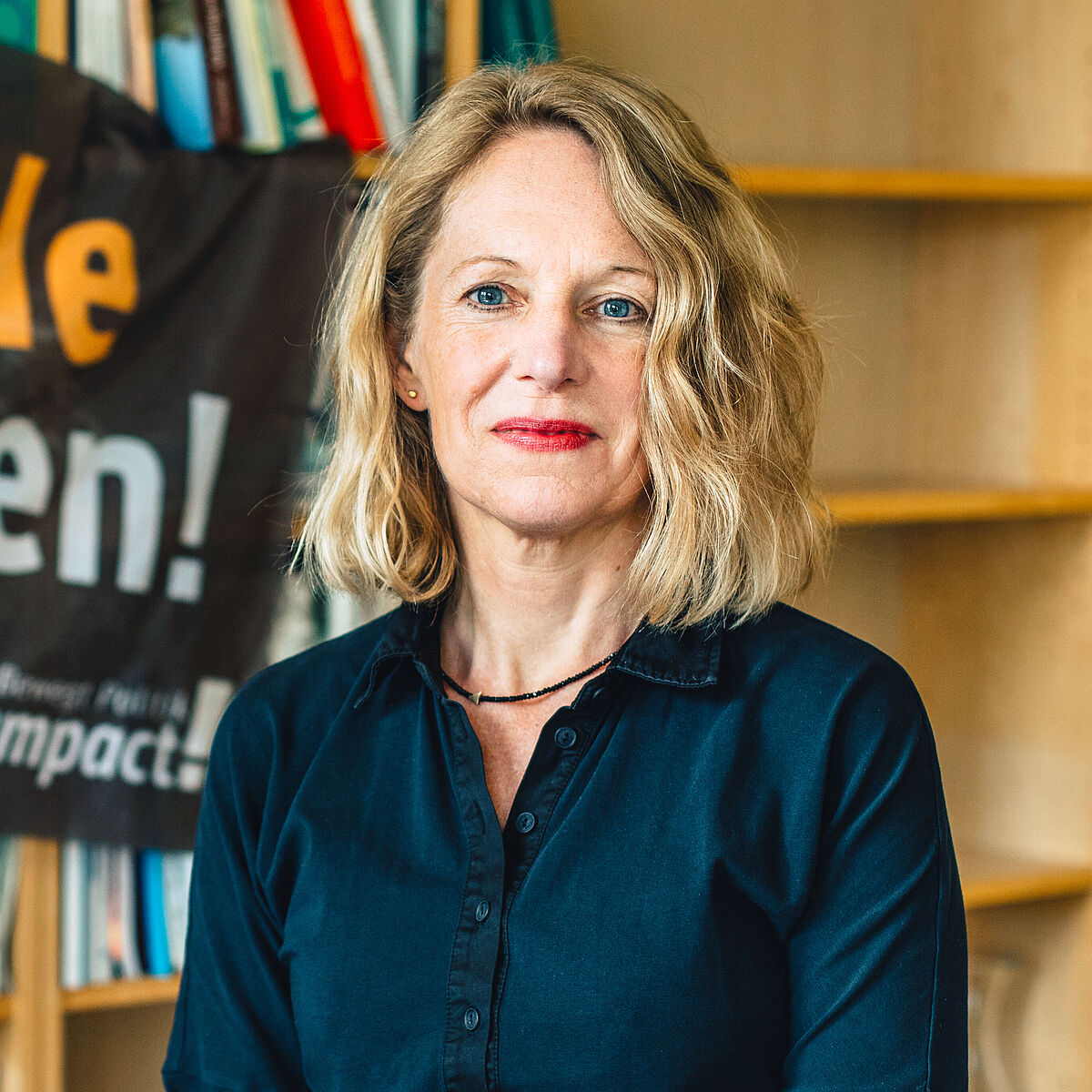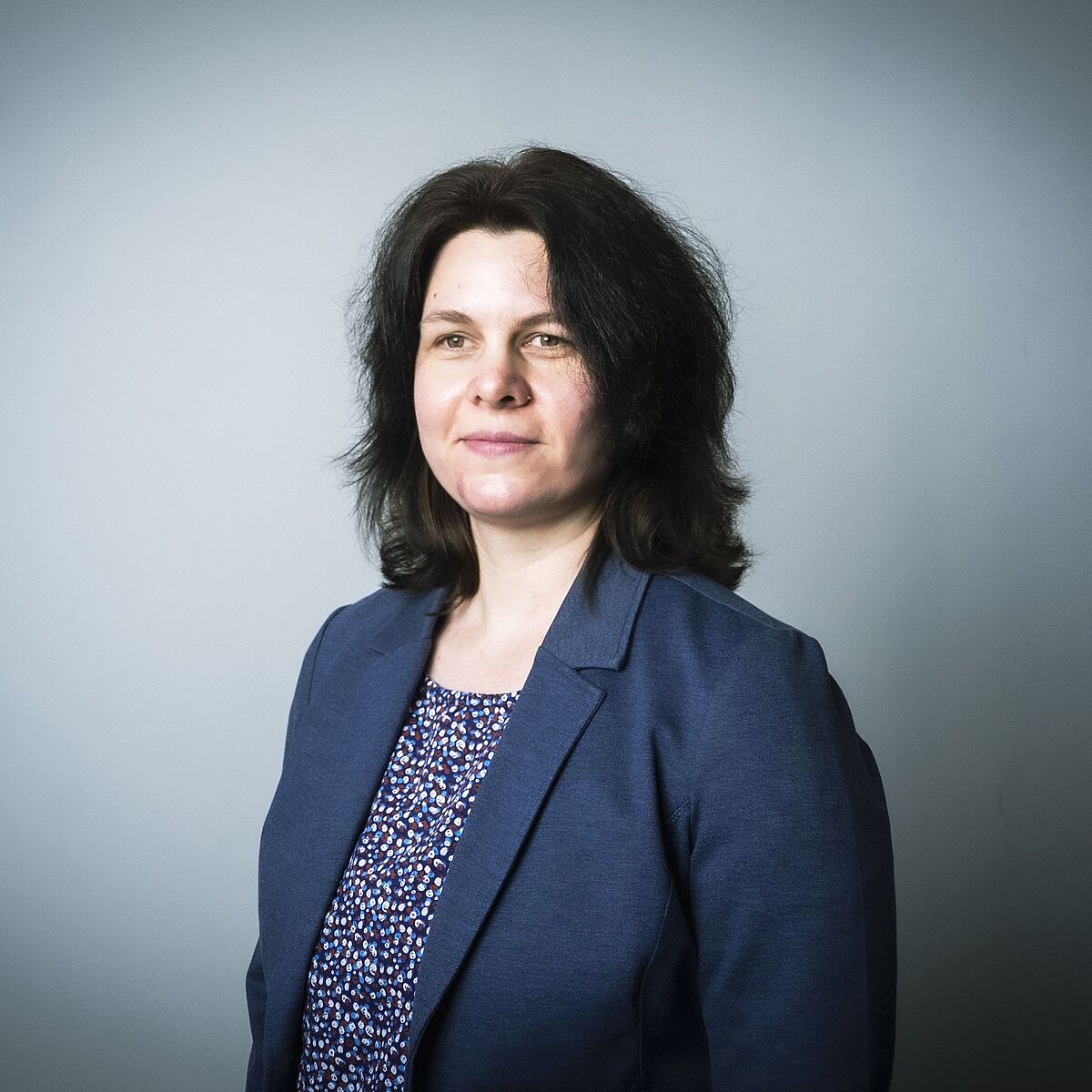The research project examines the legal and legal-political role of Nord Stream 2 before and after Russia’s attack on Ukraine. While questions of European law dominated before the war, the focus has afterwards been on aspects of international law. Discourse network analysis is used to analyse how legal arguments and stakeholder networks develop in this political process.
The project investigates energy geopolitics in the Baltic Sea region and analyses the influence of material and non-material factors on regional energy policies. It examines different energy sources, national strategies and geo-economic dependencies and contributes to an understanding the fragmented energy cooperation.
The research project examines the geopolitical impact of Nord Stream 2 on the energy policy of the Baltic Sea region before and after the Russian invasion in 2022, analyses how different concepts of energy security influence regional politics, and assesses the consequences of Russia’s geopolitical isolation on future energy cooperation.
The project investigates the legal framework of climate change technologies in the Baltic Sea region, in particular their impact on trade with energy sources. It analyses whether common strategies or minimum standards are necessary to create an integrated market. It furthermore assesses the role of hydrogen and negative emission technologies.
The project investigates the part that hydrogen, especially green hydrogen, plays in the energy transition in the Baltic Sea region. It examines the fragmentation of national strategies and their impact on the development of a European and international hydrogen economy as well as its integration into the energy market.
The project investigates legal deficits in the implementation of a common energy market in the Baltic Sea region. It analyses gaps in EU law, obstacles to a coordinated energy policy, and possible legal instruments for market integration. A comparative law approach serves to identify regulatory barriers and possible solutions.
The project analyses legal instruments to support acceptance and engagement in the energy transition in the Baltic Sea region. It analyses the development of national legal systems with regard to prosumers and energy communities, identifies best practice examples and evaluates EU frameworks for citizen participation.
The project develops the concept of “Baltic Sea literacy” as a regional extension of “Ocean Literacy” to promote sustainable behavioural change in the Baltic Sea region. It investigates which factors influence Baltic Sea literacy and evaluates the willingness to adopt ocean-friendly behaviour through qualitative and quantitative surveys.
This PhD project investigates how individual behavioural changes towards sustainable treatment of the sea occur, with a focus on the Baltic Sea. Subject of the analysis are external and personal factors, particularly the role emotions play as influencing factors. Data is provided by surveys and living labs. Research on ocean literacy has only just begun.
Based on: “Baltic Sea Literacy”
The project aims to develop the concept of “Baltic Sea Literacy” in a way that promotes sustainable behavioural change in the Baltic Sea region. A multi-stage survey analyses the ocean literacy of locals and tourists. The results shall contribute to the Decade of Ocean Science for Sustainable Development and will be used for policy consultation.
The project examines the conditions for a policy transfer in the Baltic Sea region for sustainable peatland use. So far, European agricultural policy has prevented regional adjustment. New control mechanisms of the CAP offer opportunities for a standardised Baltic Sea policy, dependent on EU guidelines and regional agenda setting.
The project analyses antibiotic resistance in the Baltic Sea region as part of the sustainability transformation. In cooperation with Greifswald University Medicine and the FLI, it examines antibiotic residues and resistant germs along the route from clinics via sewage treatment plants to the Baltic Sea and wild birds, using the “One Health” approach.
OPENSPACES develops university courses in geoinformation sciences for Ukrainian students. By using free open source software, the project enables a form of learning that is independent of time and place without licence restrictions. It offers GIS courses, language courses and training for lecturers. It is funded by the DAAD and BMBF.
The quantitative results from the annual monitoring allow changes in land use to be analysed in detail. Expert knowledge helps us understand processes such as the dismantling of military facilities, and to generalise patterns. This allows for transformation paths to be derived and for new field studies to be designed in a targeted manner.
The work package examines patterns of the settlement structure in growing and shrinking towns in the Baltic Sea region. Urban changes are analysed with the help of remote sensing data and socio-economic indicators. Historical maps and satellite data make it possible to draw a differentiated characterisation of urban development processes.
This work package combines cartographic analyses with socio-economic data in order to holistically capture urban shrinkage processes in the Baltic Sea region. In addition to statistic modelling, case studies with expert interviews and on-site collections will be conducted to identify political and institutional factors influencing urban development processes.
The project prepares geodata from “Baltic earth observation and geodata repository & Atlas of fragmented transformations” in such a way that they can be used in an interdisciplinary manner. This includes the harmonisation, provision and integration of historical maps in the “Baltic earth observation and geodata repository”. A digital atlas visualises transformations with interactive maps and 3D representations.











